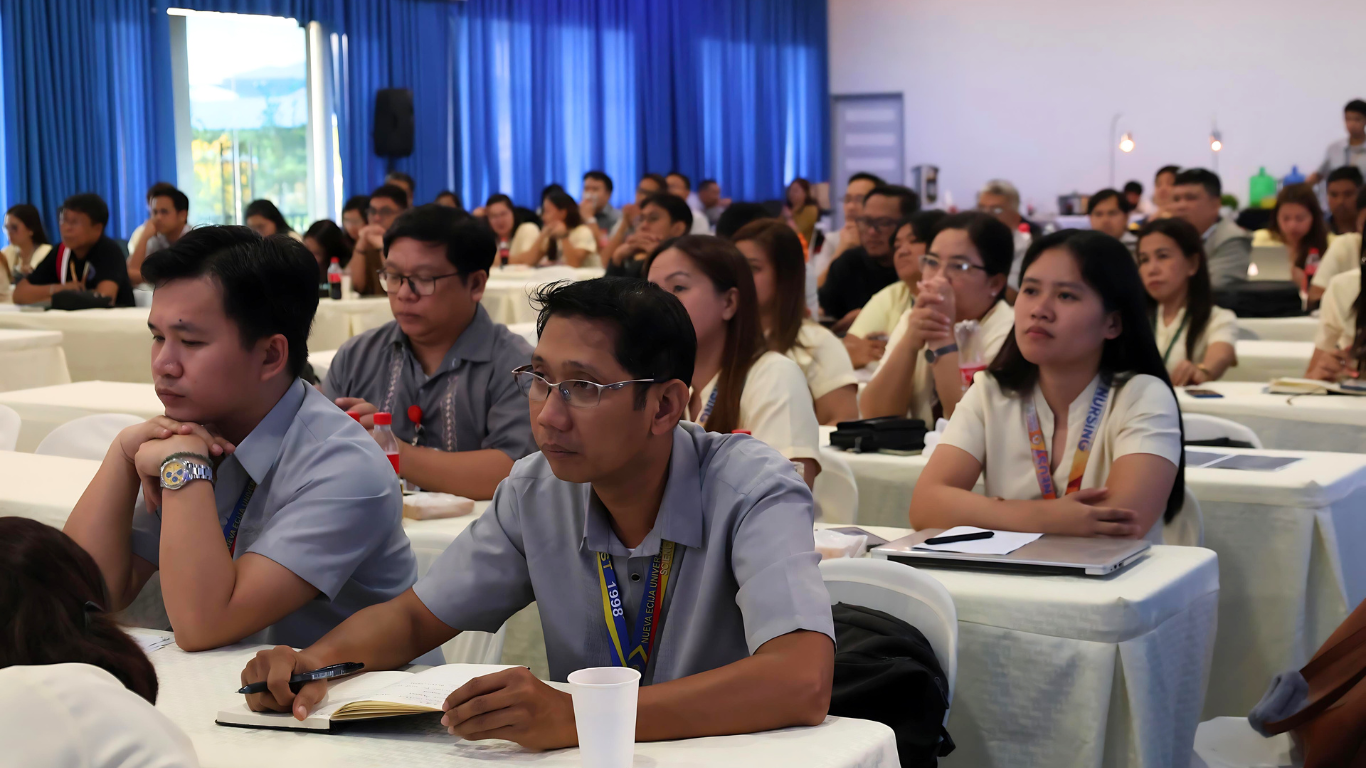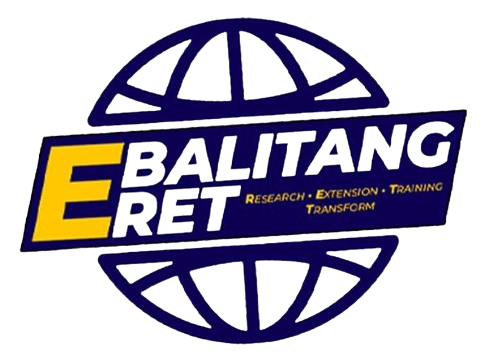RET SUMMIT 2024
By:
Neust

The Nueva Ecija University of Science and Technology (NEUST) Training Department organized a comprehensive Research, Extension, and Training (RET) seminar entitled ‘Empowering the Academic Community to Promote Strong Research, Extension, and Training Interface’ on August 6-7, 2024, at Nieto Hall, NEUST Sumacab Campus.
The training aimed to enhance the knowledge and skills of the NEUST deans and directors, RET chairs, and senior faculty members in research and extension, encouraging them to create and sustain projects beneficial to the community.
Resource speakers, Dr. Hermogenes M. Paguia, a University Professor at Bataan Peninsula State University (BPSU) and former VPRET, and Dr. Brenda B. Furugganan, an Adjunct Faculty and Director from the School of Executive Education and Lifelong Learning (SEEL), dwelled into the Project Development Process and Impact Evaluation of R&D and Extension Programs and Projects through intensive discussions and workshops.
In her message of purpose, NEUST President Dr. Rhodora R. Jugo underscored the impact of the research and extension projects in the community by translating knowledge and transforming lives, as catalysts for great ideas to push beyond boundaries in the pursuit of the university’s mission, vision, goals and objectives.
The lectures also included Thought Leadership, RET Faculty Work Load, Designing Research and Extension Projects, Programs and Road Maps, Revisiting the Extension Banner Program, and the Strategic Plans and Objectives of the Training Department, which were discussed by Dr. Rachael R. Moralde, the NEUST Vice President for RET, Dr. Marivic N. Villegas, Director of Extension Department, Dr. Marilene C. Hipolito, Director of Research Department, and Dr. Marilou P. Pascual, Director of Training Department, respectively.
In his closing remarks, Dr. Kenneth L. Armas, Director of the Planning and Development Office, affirmed that NEUST will continue providing its members with the necessary resources to create and maintain their research and extension projects.
Capacity-building activities like this testify to the university’s goal of being ‘GLOBAL’ by advancing relevant, research-based, and sustainable extension programs.
